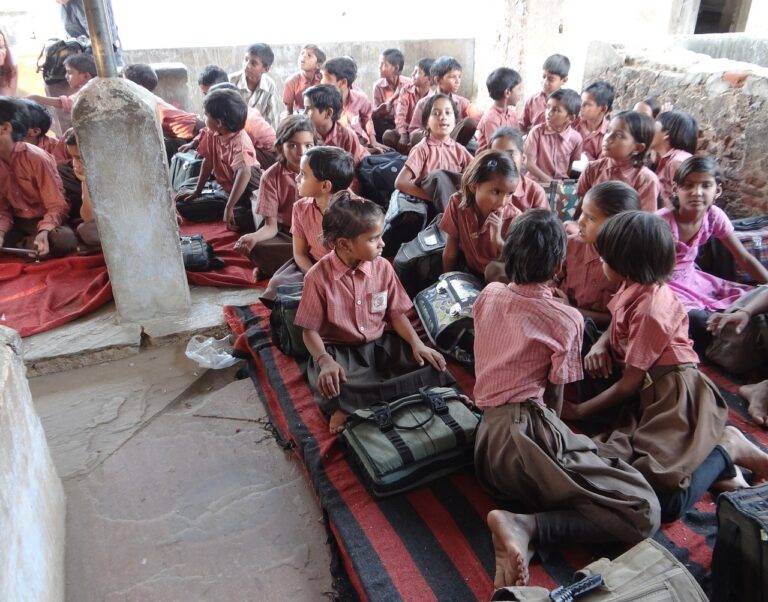Leveraging Social Media Platforms for Political Crisis Communication: 11xplay com, Gold365, Skyfairs
11xplay com, gold365, skyfairs: In today’s fast-paced digital world, social media has become a powerful tool for political crisis communication. Whether it’s a natural disaster, social unrest, or a controversial government decision, politicians and governments can leverage social media platforms to effectively communicate with the public in times of crisis.
1. Real-time Updates:
Social media platforms such as Twitter, Facebook, and Instagram allow politicians to provide real-time updates to the public during a crisis. By posting frequent updates on these platforms, politicians can keep the public informed about the latest developments and actions being taken by the government.
2. Direct Communication:
Social media provides a direct communication channel between politicians and the public. Politicians can use platforms like Twitter to engage with constituents, respond to questions and concerns, and address misinformation during a crisis.
3. Crisis Management:
During a political crisis, it is crucial for politicians to manage the narrative and public perception. Social media can be used to share key messages, address rumors or misinformation, and demonstrate leadership during challenging times.
4. Mobilizing Support:
Social media can be a powerful tool for mobilizing support and rallying the public during a crisis. Politicians can use platforms like Facebook to create events, share petitions, and call for action from the public.
5. Transparency:
Transparency is key in crisis communication. Politicians can use social media to share behind-the-scenes footage, press conferences, and interviews to provide the public with a transparent view of the crisis and government response.
6. Community Engagement:
Social media allows politicians to engage with the community in a more personal and authentic way. By sharing personal stories, photos, and videos, politicians can build trust and rapport with the public during a crisis.
7. Monitoring Public Sentiment:
During a political crisis, it is crucial for politicians to monitor public sentiment and feedback. Social media listening tools can be used to track mentions, sentiment, and trends, allowing politicians to adjust their communication strategy accordingly.
8. Collaborating with Stakeholders:
Social media can also facilitate collaboration with other stakeholders during a crisis. Politicians can leverage platforms like LinkedIn to connect with other government agencies, NGOs, and community leaders to coordinate efforts and share resources.
9. Crisis Communication Plan:
Having a solid crisis communication plan in place is essential for effective communication during a crisis. Politicians should establish roles, responsibilities, and protocols for using social media platforms in times of crisis.
10. Post-Crisis Evaluation:
After the crisis has passed, it’s important for politicians to evaluate their communication strategy and identify areas for improvement. Social media analytics can be used to measure the impact of posts, engagement levels, and sentiment to inform future communication efforts.
FAQs:
Q: How can politicians use social media to address misinformation during a crisis?
A: Politicians can use social media to debunk rumors and misinformation by posting factual information, sharing official statements, and engaging directly with users who are spreading misinformation.
Q: What are some best practices for politicians using social media during a crisis?
A: Some best practices include staying transparent, providing regular updates, engaging with the community, monitoring public sentiment, and collaborating with stakeholders.
Q: How can politicians leverage social media for crisis communication without compromising security?
A: Politicians can ensure security by following cybersecurity best practices, using secure platforms, and training staff on security protocols for social media use during a crisis.
In conclusion, social media platforms offer a powerful means for politicians to communicate effectively during a political crisis. By leveraging these platforms strategically, politicians can keep the public informed, address misinformation, mobilize support, and build trust and credibility during challenging times.







